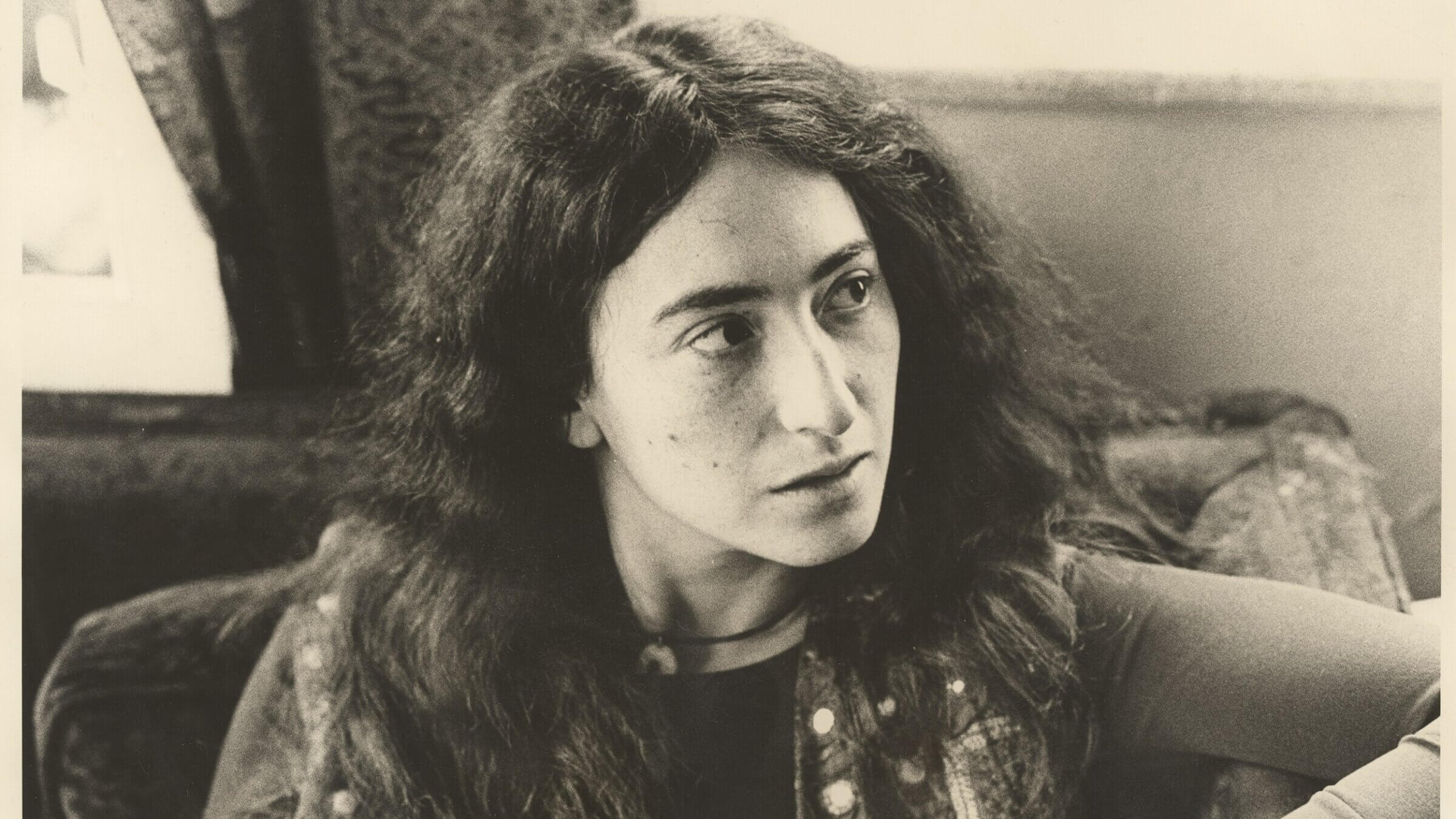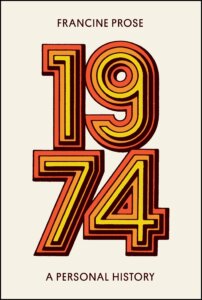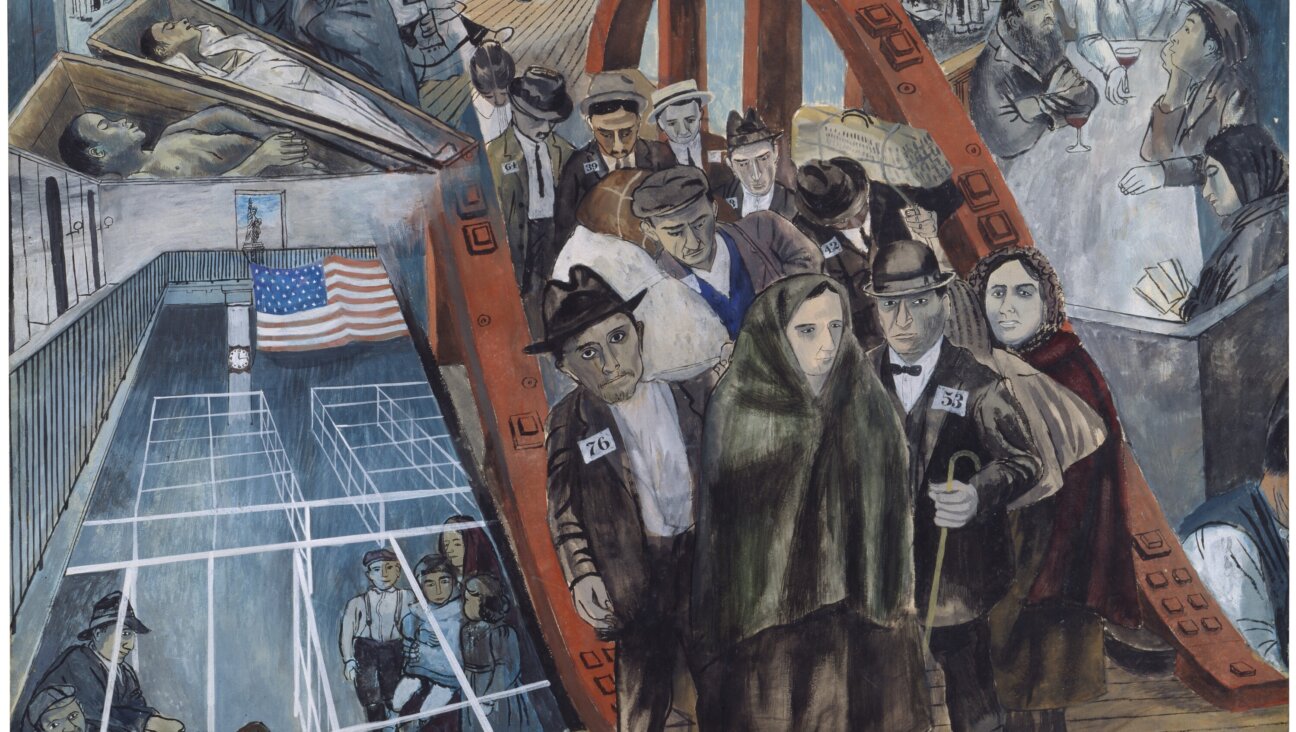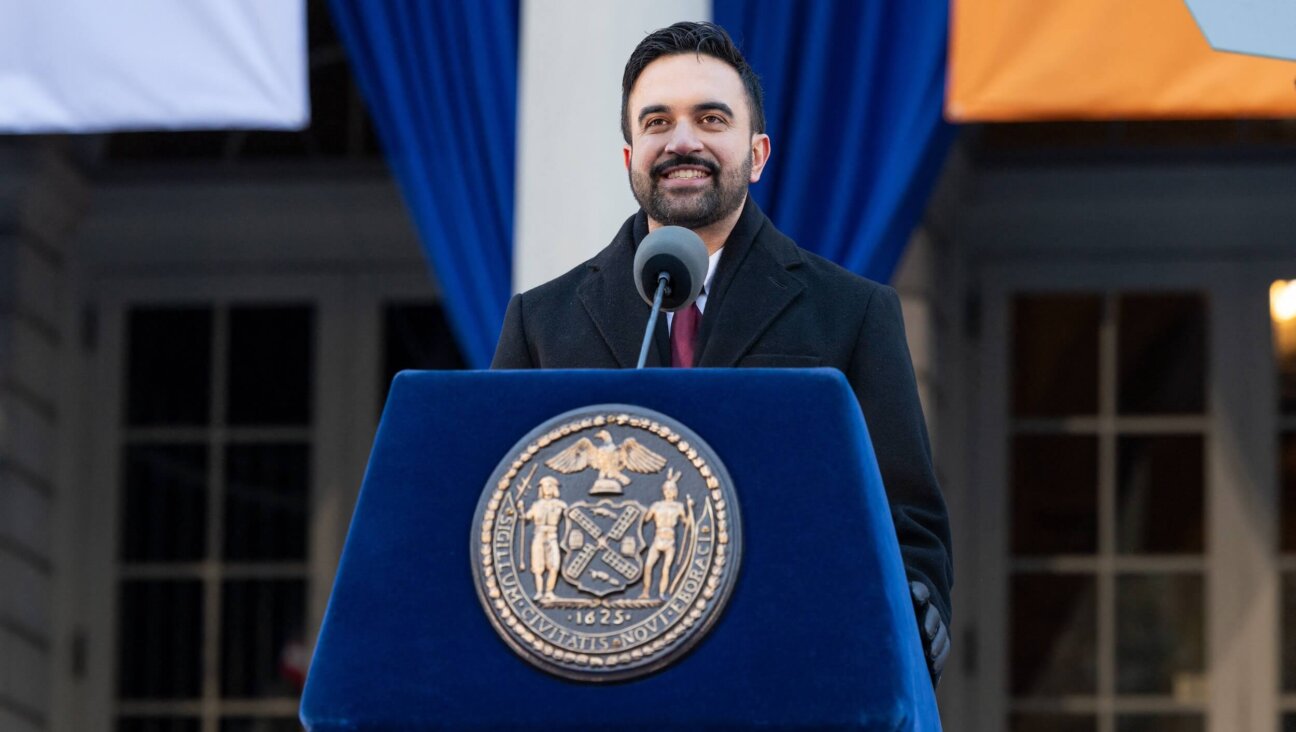She longed to be a lover and an outlaw; she became a writer instead
Francine Prose’s memoir ‘1974’ is a portrait of a relatively brief encounter and an entire generation

A portrait of the author as a young author. Courtesy of Francine Prose
1974: A Personal History
By Francine Prose
Harper, 272 pages, $28
Author memoirs often set out to chronicle the journey to becoming a writer. Or the author’s relationship to her family. Or the death or illness of a loved one. In her first work of personal history, novelist Francine Prose reflects on the short, intense relationship she had with Tony Russo, who was indicted in 1971 with Daniel Ellsberg for leaking the Pentagon Papers, the top-secret Defense Department study of the Vietnam War.
Their doomed romance was so brief — it lasted for just a few months in the winter of 1974 — that it might not seem like a meaty enough subject for the 77-year-old Prose, who is known for her intricately crafted, mostly fictional tales. But 1974: A Personal History is enthralling — a searching and fearless account of a misbegotten love affair as well as a wrenching elegy for the baby boom generation.
Prose was 26, beset with troubles of her own, when she met Russo through mutual friends in San Francisco. She was fleeing a failing marriage, had dropped out of a graduate English program at Harvard, and longed to be an outlaw in love like her cinematic heroes, Bonnie and Clyde, as played on the big screen by the impossibly glamorous Faye Dunaway and Warren Beatty. “In those days I would follow anyone who offered me so much as a sardine,” she says in the epigraph, paraphrasing Saint Teresa of Avila.

Russo, who was 10 years older, was “antiwar royalty,” recently relocated to San Francisco from Los Angeles to write his definitive expose of the epoch-defining war. “For some of us, antiwar heroes were celebrities of a higher order than rock stars and actors,” Prose says, “famous for being brave, for doing the right thing.”
What actually transpired between the two of them was barely enough to fill a couple of chapters. They drove through the rainy streets of the city at night, stopping at his favorite diner, discovering mutual passions: Alfred Hitchcock’s Vertigo, Thomas Pynchon’s Gravity’s Rainbow, Harold Melvin and the Blue Notes.
He told her horrific tales of his time in Vietnam with the RAND Corporation, long, rambling monologues that often ended with him breaking down in tears. “An aura of unease surrounded him, the faint distressing buzz of an electrical panel with a burnt fuse and some wires pulled loose,” Prose writes.
It took them a long time to have sex, and when they finally did, it wasn’t very good. Still, Prose was starstruck and also sympathetic, having recently been through troubles of her own, including crippling bouts of anxiety and depression back in Cambridge that had left her unable to get out of bed. Back then, PTSD was little understood.
Eventually, Prose returned to New York to tend to her budding literary career — her second novel was coming out. When Russo came east to see his literary agent, they briefly reunited, spending time together in her office and with Prose’s roommates in a SoHo loft. Finally, she came to understand that he was mad.

“I wanted Tony to stop it. To get it together. It was 1974. You didn’t sit on the floor the way people did in the 1960s,” she writes. “You weren’t free to invent a whole new world with all new manners and customs.”
At a press conference in Times Square, where Russo had summoned a pack of reporters to hear what he claimed were new revelations about the war, Prose, to her everlasting guilt and shame, fled, never to see him again.
“I don’t know why I ran, why a surge of panic overrode my loyalty and undermined every idea I had about friendship and responsibility,” she writes. “It occurred to me that I’d been starstruck by a star that was burning out even as I watched.”
Russo would go on to live until 2008, when he died of heart disease at age 71. Prose, the author of 22 works of fiction including The Vixen, based on the Ethel and Julius Rosenberg case, as well as the nonfiction Anne Frank: The Book, The Life, the Afterlife, says she decided to write about her affair with Russo after taking her young granddaughters to see a screening of Vertigo at Bard College, where she is on the faculty.
Drawing on her novelistic skills, she has written a memoir that evokes Times Square before gentrification, San Francisco in the time of Patty Hearst. On one level it is documentary, nonfiction. On another, a melancholy fairy tale: “I think I knew then that someday I would write about another time when another war was being fought on a distant continent, in the past that keeps returning like a recurring dream, a time so different, so almost unimaginable, so unlike the present moment that the best I can do is write: Maybe that was who I was. Maybe this is what happened.”
















